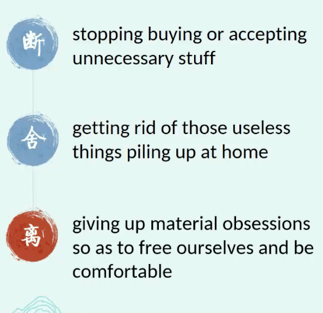Do Government Student Loans Affect Your Credit Score? A Comprehensive Guide
Guide or Summary:Student LoansImpact on Credit ScorePositive ImpactsNegative ImpactsManaging Student Loans for a Healthy Credit ScoreStudent LoansStudent lo……
Guide or Summary:
- Student Loans
- Impact on Credit Score
- Positive Impacts
- Negative Impacts
- Managing Student Loans for a Healthy Credit Score
Student Loans
Student loans are a vital financial aid for students pursuing higher education, offering a way to finance their education without relying solely on personal savings or parental contributions. The government provides various types of student loans, including Direct Subsidized Loans, Direct Unsubsidized Loans, and Direct PLUS Loans, which cater to diverse needs and circumstances of students.
Impact on Credit Score
One of the most common concerns among students and their parents is whether government student loans impact their credit score. The answer is yes, but it's not as straightforward as it might seem.
When you take out a student loan, the loan amount is added to your credit report as a debt. However, the way this debt affects your credit score depends on several factors, including your credit history, the amount of debt, and your overall financial situation.

Positive Impacts
One of the positive aspects of government student loans is that they typically have lower interest rates compared to private student loans. This means that the debt you accumulate through government student loans is less likely to have a significant negative impact on your credit score.
Moreover, many students find that their credit score improves over time as they make timely payments and build a positive credit history. This is particularly true for those who have a limited credit history, as student loans can serve as a valuable credit-building tool.
Negative Impacts
However, there are situations where government student loans can negatively impact your credit score. For example, if you fail to make payments on time, your credit score will suffer as a result. Late payments can stay on your credit report for up to seven years, significantly impacting your credit score.
Additionally, if you accumulate a large amount of debt over time, it can become challenging to manage and repay. This can lead to missed payments, default, and a significant negative impact on your credit score.

Managing Student Loans for a Healthy Credit Score
To minimize the negative impact of government student loans on your credit score, it's essential to manage your loans effectively. Here are some tips:
1. Make timely payments: One of the most critical factors in maintaining a healthy credit score is making timely payments. Set up automatic payments to ensure that you never miss a payment.
2. Keep your debt under control: While it's essential to take advantage of the opportunities that student loans offer, it's equally important to avoid accumulating excessive debt. Try to keep your debt-to-income ratio under control and avoid taking out more loans than you can manage.
3. Monitor your credit report: Regularly check your credit report to ensure that all your student loan information is accurate. Dispute any inaccuracies or errors that you find.

In conclusion, government student loans can have both positive and negative impacts on your credit score. While they can help you build a positive credit history and provide a valuable credit-building tool, they can also negatively impact your credit score if you fail to manage them effectively. By making timely payments, keeping your debt under control, and monitoring your credit report, you can minimize the negative impact of government student loans on your credit score and enjoy the benefits they offer.